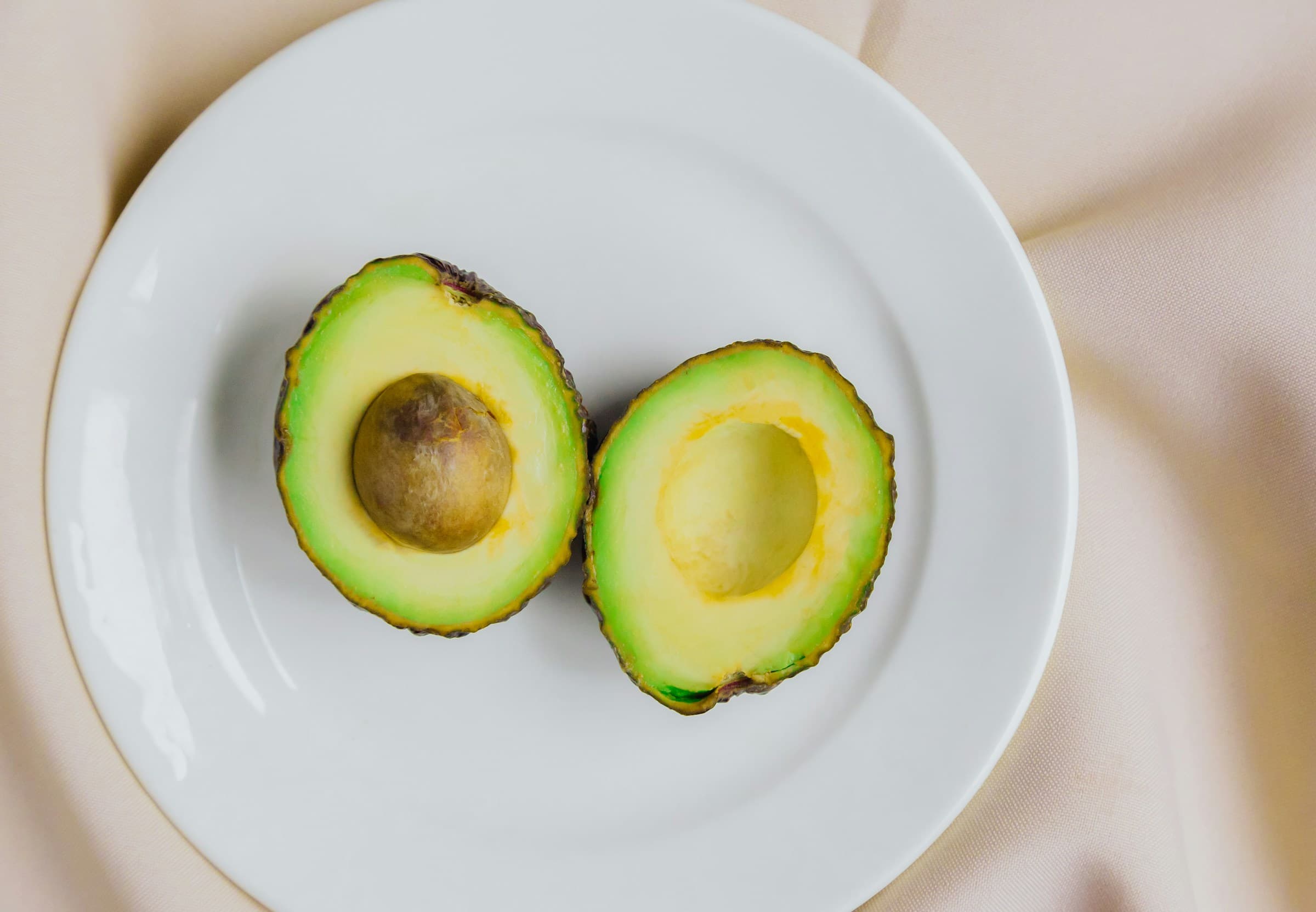Avocado is loved by people who use it in the popular guacamole, smoothies, breakfast foods, and as a beauty treatment. While avocados are healthy for humans, can cats eat avocado? In this article, we show you the dangers and the benefits of feeding your cat avocado.
There's a conflicting debate about whether your cat can safely eat avocado or not. This is because the answer is complicated.
There are parts of the avocado that are harmful to cats and others that are safe. Toxic parts are leaves, pits, and skin. These parts contain a natural fungicidal toxin known as persin.
The only safe part of the avocado for your cat is the flesh. Even then, you must feed your cat in small quantities.
Are Avocados Bad for Cats?
Cats and avocado aren't the perfect combination. Before serving your cat with avocado, pay attention to these parts:
Avocado Flesh
Avocado flesh is safe for your cat as it has low persin levels. Although it's safe, it still should only be added to the cat’s dies in very small portions. Avocado flesh has excess calories and fat that can lead to obesity. The extra calories are of no nutritional benefit to your cat.
Avocado Skin
Avocado skin is toxic for cats. If your cat eats the skin, it will cause persin poisoning. Symptoms include lethargy, diarrhea, changes in breathing, and vomiting. If your cat eats avocado skin and you see these signs, call your vet immediately.
If you have peeled avocado in your house, your cat mustn't have access to the trash. Avocado pits are also a choking hazard. Some cats can also have allergic reactions to avocados. The symptoms of allergic reactions are fever, abdominal pain, diarrhea, and vomiting.
When it comes to avocado, it's advisable to avoid it. Your cat gets their nutrition from their regular food. If you are looking for options, look for alternatives that are healthier and safer than avocados.
Benefits of Avocado for Your Cat
Although it's best to completely avoid feeding your cat avocado, this superfood has some nutritional benefits.
The benefits of avocado for your cat include:
Fiber
Avocado has dietary fiber that helps with your cat's bowel movement and is good for their heart health. Fiber is also a natural solution for constipation.
Fats
Avocado contains healthy fats such as oleic acid (omega fatty acids) that have anti-inflammatory properties.
Proteins
The 18 amino acids found in avocado make it a good source of proteins. Proteins are good for your cat's muscle growth, immune system, proper organ function, and energy production.
Antioxidants
Avocado is packed with antioxidants like zeaxanthin and carotenoid that are good for your cat's eye health and prevent the growth of cancerous cells.
Minerals
Avocados have minerals like magnesium that help reduce blood pressure. It's also low in cholesterol and good for obese cats.
How to Feed Avocado to Your Cat
Is avocado safe for cats? The flesh part of the avocado is safe for cats and here is how to feed it:
Wash and peel the skin.
Remove the pit.
Slice the avocado into small sizes.
Feed your cat directly or add it as a food topper.
Ensure your cat doesn't have access to the trash.
If you have an avocado tree in your yard, keep your cats away from the plant.
When serving avocado to your feline friend, don't try to spice it up with ingredients like onions and salt. These ingredients are toxic to cats. That also means you can't share your guacamole with your cat. It will cause stomach issues.
Before introducing new foods to your cat, it's best to consult your vet. They will give you expert advice and guidelines suitable to your cat's age, lifestyle, size, and breed.
Conclusion
As a cat owner, as you enjoy your guacamole, we believe our article has answered the question, “Can cats eat avocado?”
While avocado flesh is good for your cat in moderation, the pit, leaves, and skin are toxic for your cat. Look for other healthier and safer alternatives for your cat instead of feeding them avocado.
Frequently Asked Questions
Can cats eat avocado oil?
No. Avocado oil causes pancreatitis in cats.



